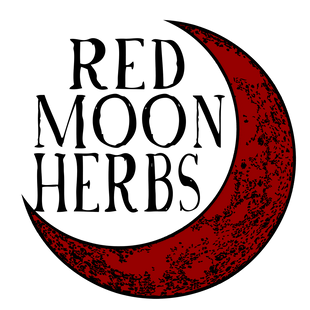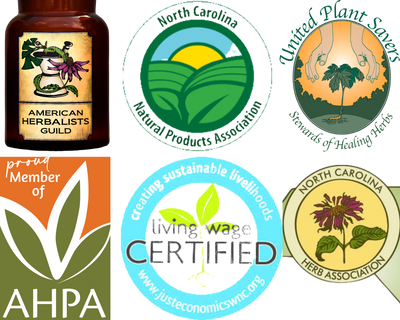Sustenance vs. Supplements: To Eat Real Food or Pop Pills
When bracing myself for a stroll down the aisle of any vitamin shop or supplement center, I am always reminded of the wacky and amazing gum from Willy Wonka’s Chocolate Factory. Remember this gum? It represented a whole meal, as it was chewed transforming from a delicious appetizer to a hearty main course of beef stew to lastly, the glorious fruit pie that turns sweet-toothed youngsters into blooming blueberries. This gum would be so well-received in our fast-food culture, I think, my eyes wandering the shelves from canisters of superfood greens powder that promises 10 servings of vegetables in one teaspoon to bottles of pre-natals that contain every essential nutrient that baby needs in just one grape-flavored gummy bear. This gum would be THE gum. No mess, no muss, just one whole meal’s worth of nutrient-dense food in one sweet stick.
We who hang out regularly in the ever-growing, ever-changing supplement aisles know that more and more, we are being promised perfection in a pill. We are promised freedom from food, the ability to eat whatever we want without being dependent on chopping and cooking and crunching real, live vegetables and grains and proteins. So we are faced with the daily decisions - do I pop a few poptarts, swallow a few spoonfuls of superfood in my green drink, and call it a day? Or do I take the time and effort to make a meal, slow or fast, with foods that bear some resemblance to how they grew in the ground or were formed on a farm?
In the Wise Woman Tradition, we know that our nutrition, our life and breath, our whole-being comes from our food. And though that may occasionally be supplemented by a handful of capsules here or some powders there, the strong foundation of our diet is real, recognizable food. The key word here is supplement. Uncannily, many vitamins are not seen these days so much as ‘supplements’, intended to fill in the gaps and round out the corners of our diets, but as ‘essentials’ that are meant to provide us with basic nutrition. The trouble is that our bodies, for the most part, don’t recognize supplements quite like we imagine. Our bodies recognize and use 60 mg of ascorbic acid (vitamin C) from an apple and 1500 mg of ascorbic acid from a supplement in exactly the same way; the difference is that one speaks the language of the body, interacting with it on an intimate cellular level and going directly to where it is needed, while the other is, to some extent, viewed by the body as an invader, a foreigner, a xeno-substance that speaks a different vocabulary entirely.
Supplements do have their place, and it is a critical one. When an individual is extremely depleted, has leaky gut syndrome, or is suffering from mal-absorption issues, someone can benefit hugely from the intelligent introduction of supplements to bring the body back into a state of health. While supplements are not immediately nourishing and nurturing as food is to the body, they can be vital in helping people move back into well-being. But as a general rule, food is far more useful that even the highest quality supplements simply because our bodies recognize it as food, a familiar and user-friendly source of sustenance. Our bodies have evolved to accept the nutrition from food completely, without the limits or boundaries that they push up against vitamins from synthetic sources, and often, even ‘food-based vitamins’ which are about five times more expensive as the non-food-based variety.
These are the reasons why, in the Wise Woman Tradition, we rely on food and, specifically, food herbs for our nutritional health. The nourishing herbal infusions that we adore are all made from food herbs, like our beloved top five: red clover, nettles, oatstraw, comfrey, and linden. These plants are deeply nutritive food herbs, distinguishing them from being stimulating or sedating herbs, because they are all high in protein and considered some of the most vitamin and mineral-rich plants in the world, holding a heap of nutrition that is immediately available to your body in its natural form. Most importantly, they can be absorbed directly into the body without much digestive work or effort, since the body recognizes them as food or plant matter, and since the nourishing herbal infusions are ‘cooked’, because their cell walls are broken down after the 4-8 hours that they steep in boiled water.
When it comes to supplementation, it is critical that whatever we are putting into our bodies - be it a superfood pill, an orange, or a nettles infusion - speaks a nutritional language that our bodies can recognize, understand, and use. While a powder that promises all the vitamins and nutrients our happy bodies could ever want is as tempting as a gum that takes you through the rigamarole of a five-course-meal, keep in mind that if your body doesn’t recognize it as food, you might as well not be wasting your time chewing on it, swallowing it, or sucking it down. Unless of course, you want to be Willy Wonka’s next Veruca Blueberry.







